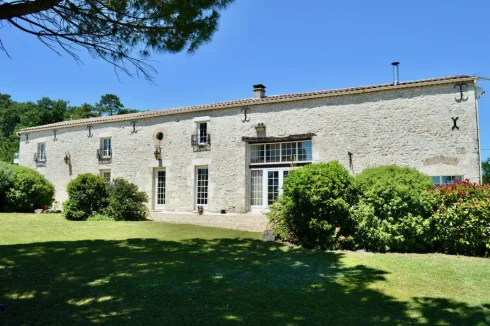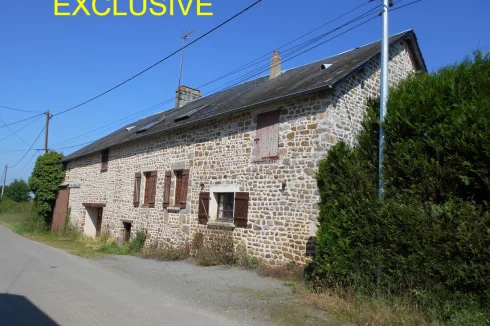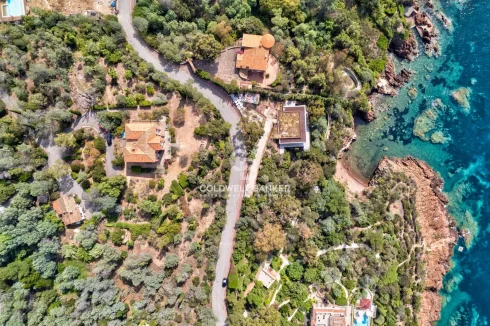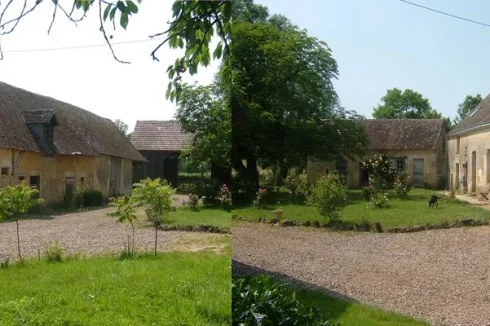A Carbon Tax for France
Thursday 01 October 2009
A carbon tax is to be introduced in France, accompanied by a compensatory reduction in income tax.
Who will pay the tax?
The tax (called Contribution Climat-Energie) will be paid by all households and by companies who consume oil, gas and coal.
The tax will not be applied on electricity as less than 10% of electricity generation is coal powered, and the government argues there are European regulations in place.
Neither will the tax be paid by large industrial companies, as they are also covered by European wide regulations on the reduction in CO² emissions.
When will it come into operation?
The tax is planned to come into operation on 1st January 2010.
What is the rate of the tax?
The tax has been set at the rate of €17 per ton of CO² emitted, a rate half of that proposed by the committee set up by President Sarkozy to provide recommendations on the introduction of the tax.
This will mean an increase of approximately 4.5 centimes in the price of a litre of diesel and 4 centimes on a litre of petrol. Gas prices will rise by 0.4 centimes per kWh of consumption.
It is estimated it will cost each household an average of €72 per year in 2010. In practice the impact will vary significantly betweeen households, with some households likely to be paying €200 a year or more in tax, while the impact is likely to be marginal on others eg city dwellers with low carbon use.
The government have made it clear that the rate has been set lower than they would have wished, in order not to impact adversely on household budgets during a difficult economic period. It is likely the tax will be revised upwards each year as many consider the tax has been set too low to have any material impact.
What will the tax be used for?
The tax will be used to try and change the behaviour of households and companies in their consumption of fossil fuels.
The government have stated that it is not their aim to increase the total level of taxes paid by households and companies, so other taxes will be reduced.
On this basis they state the new tax will be a transfer of taxation, not an overall increase in the amount of tax collected by the government. In practice, there are bound to be both 'winners' and 'losers' as the compensation will be a fixed sum per household.
How will households be compensated?
All households will receive either a reduction in the level of income tax they pay each year, or a tax credit (chèque vert) if they do not pay tax.
The amount of the tax rebate or credit will depend on the size of the household and where they live. Those served by good public transport links will get less than those where public transport services are less available.
Broadly speaking, therefore, those in rural areas with limited access to public transport will receive a larger sum than those in urban areas.
For those living in an urban area the refund will be around €46 a year per adult, while those in rural areas will get €61. These amounts will be increased by €10 for each additional person in the household.
Thus, a couple with two children living in the countryside will get €142, against €112 were they living in an urban area.
As the compensation payment is a fixed sum, whether you are a 'winner' or a 'loser' from the introduction of the tax will depend on your own particular circumstances.
The consumer's organisation CCLV has placed on the Internet an automatic calculator that enables you to work out for yourself just what the impact of the new tax will be on your household. The calculator gives you the tax you will pay, as well as the compensation you will receive.
What compensation will there be for companies ?
The government is proposing to abolish the business rates (taxe professionnelle) in 2010, although this tax is being replaced by a new system of business rates, called the cotisation économique territoriale, the parameters of which have yet to be defined.
If the new system of business rates results in a net reduction in taxation for companies, then it is likely households will have to pay more. We shall say more on this issue in a future Newsletter, when the details are available.
There will also be specific concessions for transport companies, farmers, foresters and fishermen. Farmers and fishermen will receive a rebate of 75% in the first year, with a lower rebate likely in subsequent years.
Other Measures
The tax is one of an array of ‘green’ fiscal measures the government has introduced over the past couple of years. Other measures include tax breaks and grants for energy conservation, and tax breaks and grants for low polluting cars.
Thank you for showing an interest in our News section.
Our News section is no longer being published although our catalogue of articles remains in place.
If you found our News useful, please have a look at France Insider, our subscription based News service with in-depth analysis, or our authoritative Guides to France.
If you require advice and assistance with the purchase of French property and moving to France, then take a look at the France Insider Property Clinic.





